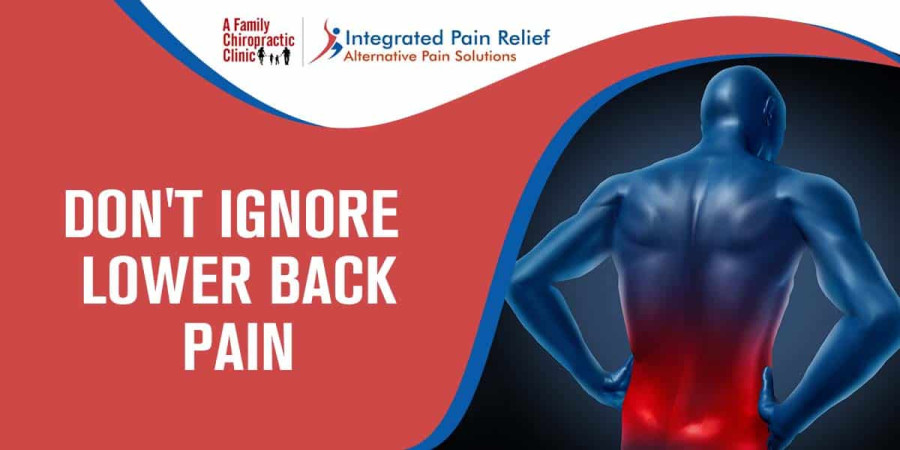

Understanding Lower Back Pain After Massage
Massages typically evoke feelings of relaxation and rejuvenation, but sometimes they can be followed by soreness or even pain, especially in the lower back. Let's delve into the reasons behind post-massage back pain and what you can do about it.
Why Does Lower Back Pain Happen After a Massage?
- Delayed Onset Muscle Soreness (DOMS): If the massage was deep tissue work or you haven't had a massage recently, your muscles may experience DOMS as they recover from the manipulation. Think of it like the soreness you feel after a new workout.
- Exacerbation of Existing Issues: If you have an underlying back issue (like a herniated disc or tight muscles), a massage could temporarily worsen the symptoms.
- Massage Technique: An overly vigorous massage, especially in sensitive areas like the lower back, can cause excessive inflammation and pain.
- Dehydration: Muscles become more prone to soreness and tightness when not properly hydrated.
Managing Post-Massage Lower Back Pain
- Hydration: Drink plenty of water to help flush out metabolic byproducts and aid muscle recovery.
- Heat and Ice: Alternate between applying warm compresses (to increase blood flow) and ice packs (to reduce inflammation) to the affected area.
- Gentle Movement: Light stretching or walking can improve circulation and reduce stiffness.
- Over-the-counter Pain Relievers: Anti-inflammatory medications like ibuprofen or naproxen can temporarily alleviate pain.
- Rest: Allow your body time to rest and recover.
When to Seek Professional Help
If the pain is severe, lasts for more than a few days, or is accompanied by the following symptoms, consult a doctor or physical therapist:
- Numbness or tingling in your legs
- Loss of bladder or bowel control
- Fever
Preventing Future Lower Back Pain After Massages
- Communication is Key: Inform your massage therapist about any pain issues or sensitive areas. Don't hesitate to ask for adjustments in pressure during the session.
- Start Gradually: If you're new to massage or have back sensitivities, opt for a less intense Swedish massage first before trying deep tissue techniques.
- Regular Massages: More frequent massages can help your muscles become accustomed to the manipulation, reducing the likelihood of severe soreness.
References
- Arizona Pain and Spine Institute: Experiencing Pain After a Massage: https://gotpainarizona.com/experiencing-pain-after-a-massage/
- Healthline: Sore After Massage: Why This Happens and What to Do: https://www.healthline.com/health/sore-after-massage
- Autonomous: Back Pain After Massage: Reasons & How to Relieve: https://www.autonomous.ai/ourblog/back-pain-after-massage-reasons-solution
Disclaimer: The information in this blog post is not a substitute for professional medical advice. If you have concerns about post-massage pain, please consult a doctor.
Let me know if you'd like me to add anything or expand on certain sections!
Popular articles

Apr 11, 2024 07:40 PM

May 25, 2024 08:09 PM

Apr 11, 2024 07:22 PM

Apr 10, 2024 07:59 PM

Mar 14, 2024 07:53 PM
Comments (0)